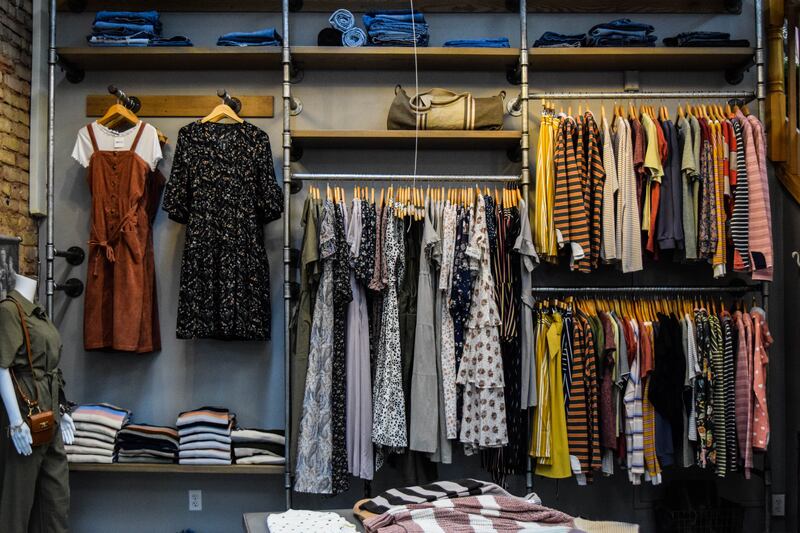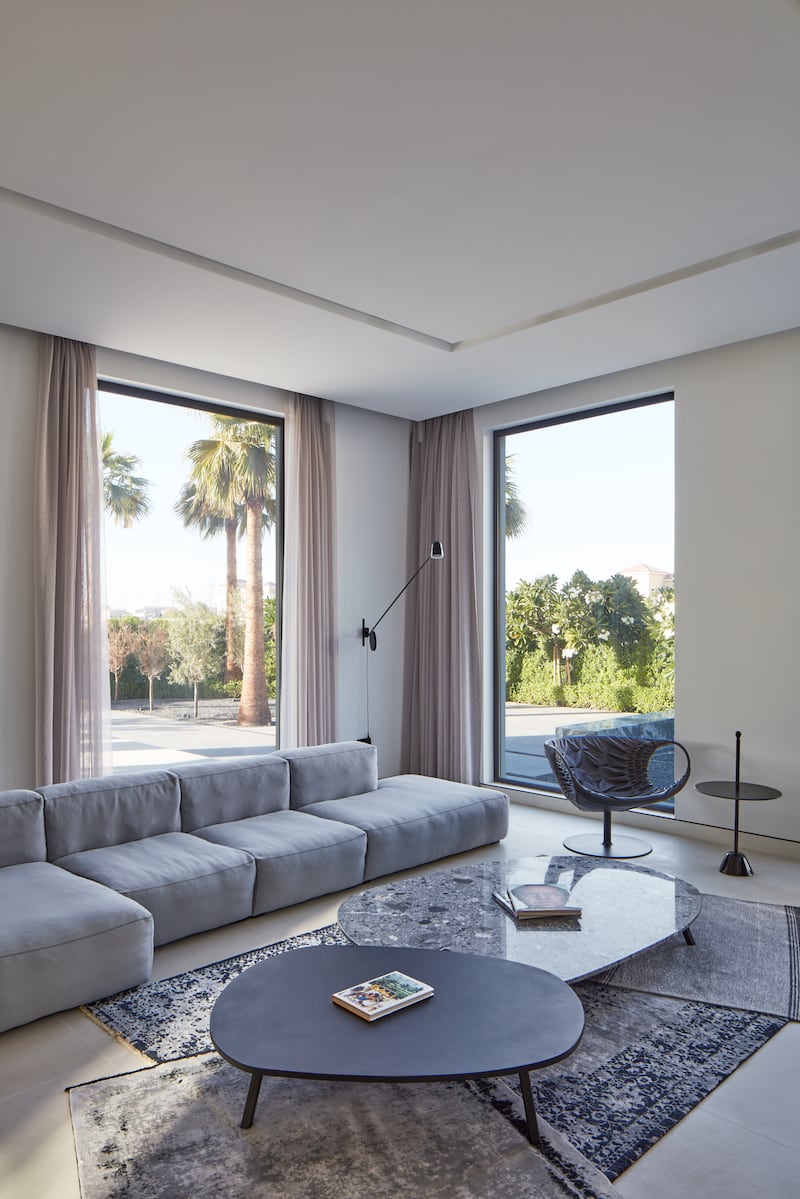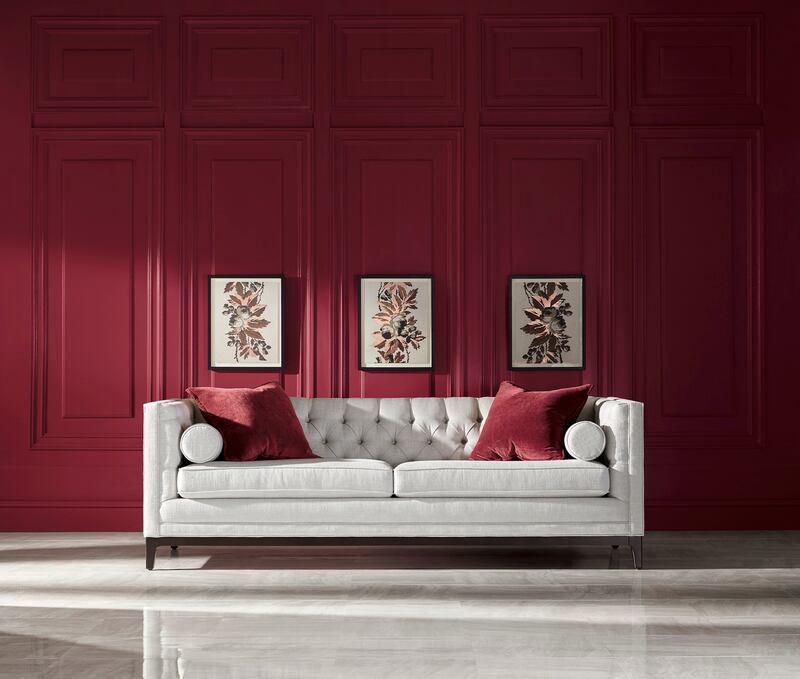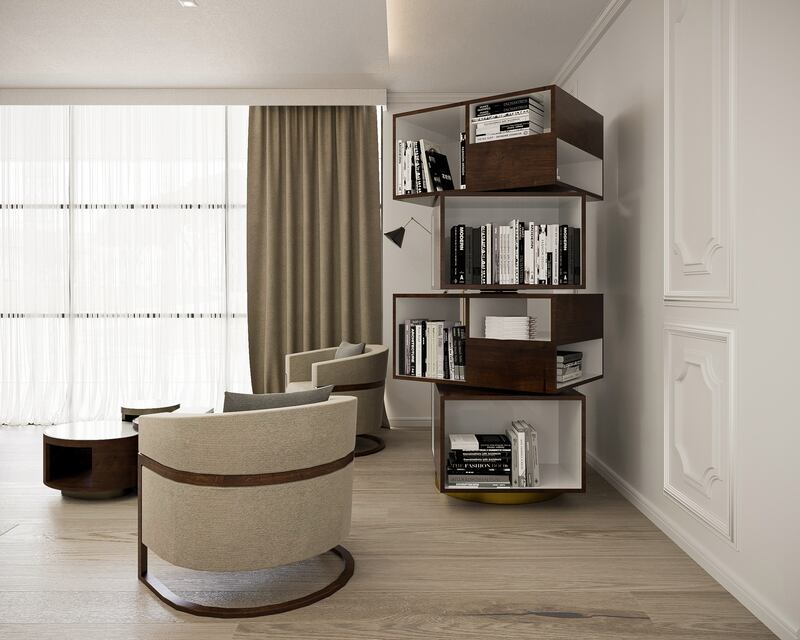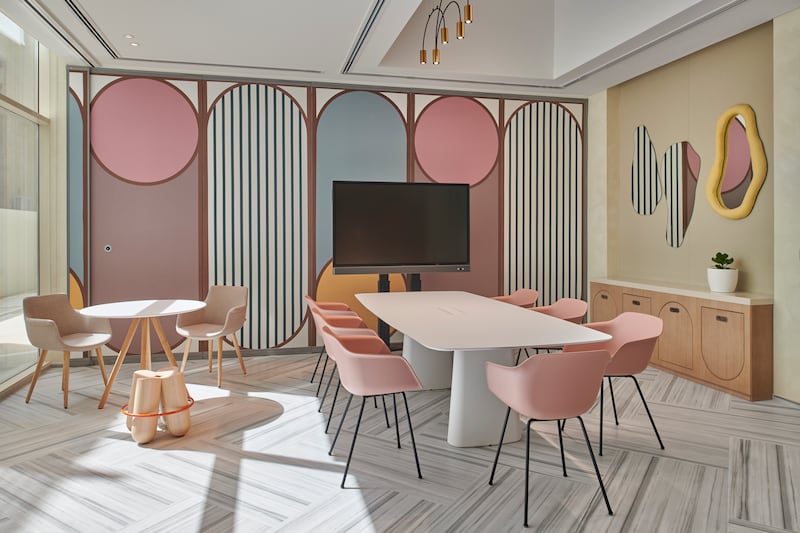Personal organisation, as a business, has boomed over the past decade, arguably amplified by the rise of Japanese professional organiser Marie Kondo.
Her minimalist, and sometimes emotional, approach to home organisation resonated among a global audience when her method was released to the world in 2010.
But from 2013, the UAE has had its own professional "declutterer", and she's been helping people — from busy corporates to royal families — create efficient systems for tidying up and organising their belongings ever since.
Shelina Jokhiya is the founder of Decluttr Me. Last month, her book, Can You Find It In Five Seconds? was released in paperback. She also produces a podcast on personal and home organisation.
"I have always been into organising since I was a kid," Jokhiya tells The National.
"I was researching decluttering and organising and found that it's quite a big industry in the US and the UK, but no one seems to be doing it in the Middle East."
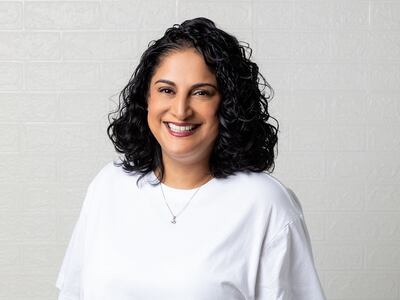
Clutter and mental health
Much like Kondo, Jokhiya believes that decluttering has a lot to do with mental and emotional well-being. In the region, she says people tend to be overwhelmed with their lives, whether it's with family or work.
"I can see it with my clients. Before I start working with them, I would observe their body language — their shoulders are down, you can see their body is low, but when they finally see the outcome of our work, these change. You can see them smiling, and they just feel lighter," she explains.
For Jokhiya, who was a lawyer before becoming a full-time professional organiser, the most satisfying aspect of her work is seeing how decluttering affects the lives of the people she works with.
"Things change for them. They become happier, they start to go out, see a therapist," she says.
The benefits of decluttering are well documented. In 2009, research published in Sage Journals about the link between clutter and mood showed that levels of the stress hormone cortisol were higher in mothers who lived in a cluttered home environment. In 2011, neuroscience researchers also concluded that a clutter-free home and work environment led to a better ability to focus and process information.
Jokhiya's company offers several packages — from bronze, which includes four hours of "judgment-free" decluttering of a specific areas of a house, to platinum, which racks up a total of 16 hours and is recommended for people who are moving from one house to another.
All packages come with a 20-minute consultation to discuss goals, which Jokhiya says is important in an industry where trust is a major currency. "People let me into their homes, which is a big deal, so I make sure I build a good relationship with the people I work with," she says.

"When you wake up in the morning, how long does it take for you to find your glasses, or your medicine, or whatever you need from the bedside cabinet? And then you go in the bathroom, how long does it take for you to find your toothpaste or your shower gel? For some people, it takes ages, and it's a waste of your time and energy," says Jokhiya, explaining the premise of her self-help, manual-like book.
Highlights from the book
It begins with Jokhiya identifying seven different types of clutter — a useful tip for those who have a hard time deciding whether to keep or throw something out. They include sentimental clutter (first photo of your baby) to rubbish (old newspapers or expired food in your cupboards).
Categorising the type of clutter in the house will give an idea of how to approach the whole organisation process.
Decluttering can take time and energy, and it can easily be overwhelming. Jokhiya recommends taking things slow by dedicating only 15 to 20 minutes per day to it.
"I often hear people taking all of their clothes, accessories and shoes out of their wardrobe, all at one time and putting them on their bed," she writes in the book. "The result is a mountain of overwhelming trauma."
Jokhiya says mini-decluttering removes that feeling of being overwhelmed.
Buying items is inevitable, but Jokhiya recommends following a mantra that could help in avoiding more clutter, and advises following the "buy one, get rid of two" method.
They don't have to be in the same category, she says. For example, it can be one piece of clothing for two non-clothing items in your kitchen or living area. The idea is to ensure you are consciously making space for new items.
"You can use this rule for anything and everything. Shoes, electronic devices, magazines, food, pens … anything in your home."
Jokhiya's book doesn't only cover physical belongings, but also discusses digital clutter, from email inboxes to your WhatsApp messages.
For emails, she recommends following a simple rule: the File, Act, Toss system.
"When an email comes in, think immediately: can you file it into another folder, do you need to act on it (and can do so in a few seconds) or can you toss it into the deleted bin?"
This simple habit, Jokhiya says, can help keep incoming emails at bay, and allow for a more clutter-free digital environment.
More information is available at decluttrme.com
Scroll through the gallery below for 2023 interior trends
